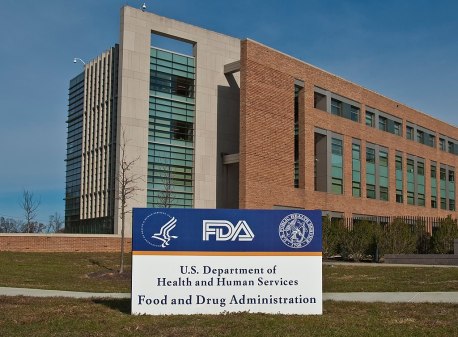FDA official to innovators: be ‘charmingly persistent’
For the Food and Drug Administration, it can be challenging to find, procure and deploy the right technologies, a senior agency official said. So for innovators and members of private industry looking to showcase what they have to offer, Joe Klosky, senior technical adviser at the agency, has some advice: be “charmingly persistent.”
“Honestly, the most efficient way is to approach us at these conferences,” Klosky told FedScoop after serving on a panel during AFCEA Bethesda’s HealthIT Day Tuesday. “We’re here today to do outreach. The least efficient way is to call.”
He added, “You get a thousand calls … You can’t take every call, unfortunately.”
During the panel, Klosky and several other representatives of the federal IT sector discussed the unique challenges of protecting health data and how private industry could help them better reach their goals.
Steven Schliesman, assistant deputy chief information officer for IT project management and product development at the Department of Veterans Affairs, said software developers should make sure products purchased by the federal government meet its security requirements.
“I get the shrink-wrapped software, I get ready to deploy it, I go through security scans and it fails because of all the compliance issues cross-tier,” Schliesman said.
So then he has to return to the developer to make the correction.
“That’s not a business model that the federal government can sustain,” he said. “That’s not a business model that I think you want to be in.”
During the daylong conference, several federal IT heavyweights spoke about their health IT challenges and successes.
Indeed, Dr. Taha Kass-Hout, FDA’s chief health informatics officer, touted the success of OpenFDA, a platform through which developers and researchers can tap into FDA data using an API. About 18,000 devices accessed OpenFDA in the first three months after it was deployed in June, he said during his video keynote address.
Kass-Hout also discussed other possibilities for big data. He said the FDA has been working on a microbe whole-genome sequencing project as a way to target the appearance of pathogens, like salmonella or listeria, in foods and issue recalls earlier.
According to a report from FDA, this work helped agency investigators match a strain of listeria at a food processing facility to samples provided by three patients who fell ill after eating quesito casero.
“From three cases, we are able to identify this problem and be able to geocode where that problem originated from,” he said. “That’s the beauty of how data science and collaboration is able to provide a social good.”






